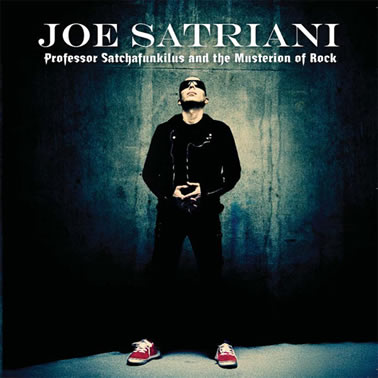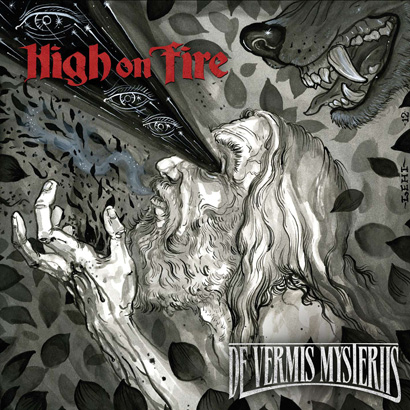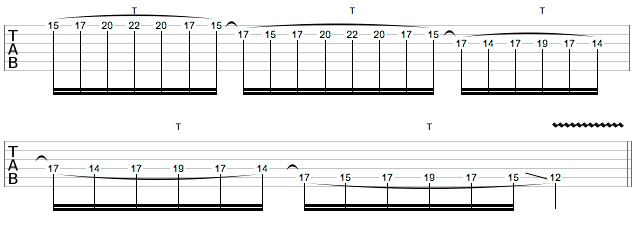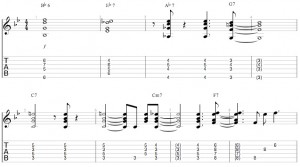 Release Date: April 1, 2008
Release Date: April 1, 2008
Joe Satriani has been in the business of making memorable instrumental guitar rock for more than two decades. After helping to bring the genre into the mainstream in the late 80’s with his seminal 1987 album Surfing with the Alien, Satriani has taken detours to fuse numerous other genres with his core style. For instance, he introduced some bluesy fusion into his sound on his self-titled 1995 album, as well as elements of electronic music on the unexpected Engines Of Creation in 2000.
Throughout his experimentation, he has always retained a distinctive voice both as a guitarist and a composer, thanks to his expressive phrasing and keen ear for melody. Since 2002’s Strange Beautiful Music, Satriani has been using a straightforward rock format as the foundation to explore vintage American and sometimes Eastern influences.
On his boldly titled new disc Professor Satchafunkilus and the Musterion of Rock, Satriani continues in this vein for the most part. As always, he brings in several well-developed ballads, including the introspective “Revelation,” which contains one of the album’s most riveting and melodic solos. He rocks out in his unique manner – laying down monster riffs and supplementing them with melodies that navigate their way through intriguing chord progressions as in ‘Overdriver’ or linger over static blues-rock grooves like those in “I Just Wanna Rock.”
Satriani does explore some exciting new territory on “Asik Vaysel,” a tribute to the departed Turkish saz (a native four-stringed instrument) player of the same name. In attempting to imitate Vaysel’s playing, Satriani employs an extremely light touch with both his fretting and his picking hand. His approach results in some of the smoothest guitar tones ever heard, from a man internationally regarded for his distinctive legato techniques.
As adventurous as his chord structures and melodies become, Satriani centers many of his solos around pentatonic scales, supplementing them with accents or runs that connect his lines to the harmony of the song. While he does this very well, it does at times prevent him from taking full advantage of the unusual tonalities that he explores in his compositions, such as the Hungarian Minor context of “Musterion.” The opening to “Andalusia,” however, defies this trend, and stands out because of it. His chops throughout are in peak form, showcasing his flair for melding chunky blues phrases with slippery scalar lines.
Satriani’s albums have always sounded good for their time, and the clear production of Professor Satchafunkilus and the Musterion of Rock (handled this time around by John Cuniberti with Satriani) measures up well against his other recent efforts. In a genre where funds are often tight and engineering is often shortchanged, Satriani’s tones cut through the rounded bass guitar and tight drums of his rhythm section. The quiet blend of percussion and sorrowful acoustic lead work at the beginning of album closer ‘Andalusia’ sounds just as sonically rich as the rest of the album – but more impressive still is the smooth shift in dynamics when the drums kick in and Satriani unleashes the dark riffing that anchors the rest of the song.
Professor Satchafunkilus and the Musterion of Rock stays true to Satriani’s roots and proves to be a solid addition to his impressive catalogue. His strength as a musician continues to be his restraint as a guitarist. Fans of his recent work will certainly enjoy the clever guitar rock that he once again delivers on his latest album.
Highlights
- Satriani’s wild, fuzz-drenched solo in ‘Overdriver’
- The bouncy melodies of the playful funk-fest ‘Professor Satchafunkilus’
- The searching pre-chorus and cathartic chorus of ‘Revelation’
- Satriani’s wrenching solo over the ‘Revelation’ outro
- The slinky organ vibes that drive the cleverly titled ‘Diddle-Y-A-Doo-Dat’
- The captivating pedal tone melody that opens ‘Asik Vaysel’
- Satriani’s lush acoustic solo in the first two minutes of ‘Andalusia’
- The alternation between aggressive scale bursts, searing slow-release bends and furious whammy bar thrashings in Satriani’s solo (4:51 – 6:01) in ‘Andalusia’
Overall: 4/5
















